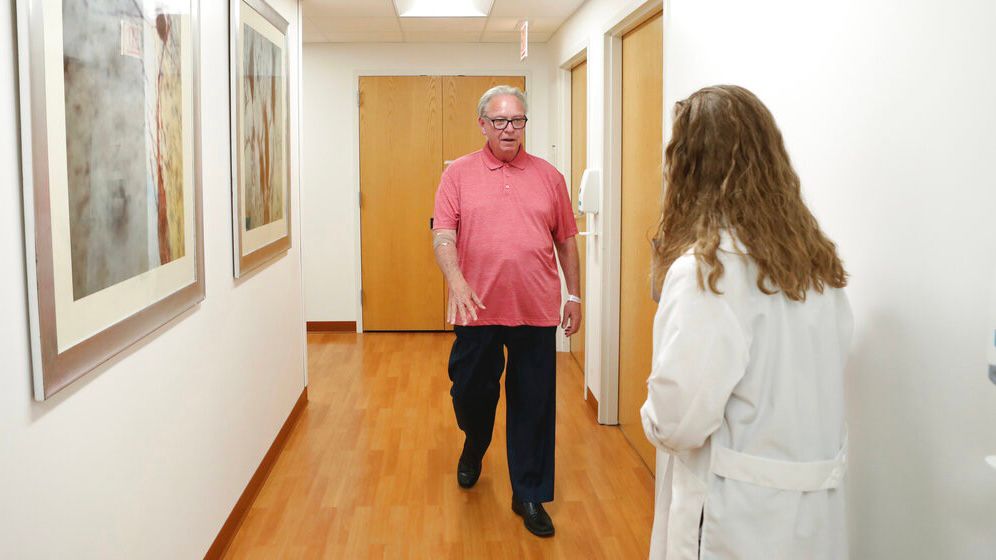Many of the risk factors for individuals who develop dementia later in life are the same for those who develop symptoms at ages younger than 65.
People who abuse alcohol or who have diabetes, depression or heart disease are more at risk, as are those who are socially isolated or experiencing hearing loss, according to new research published Tuesday in the medical journal JAMA Neurology.
While the vast majority of those who develop dementia are over the age of 65, it can occur at younger ages. Known as young-onset dementia, YOD currently affects about 3.9 million people globally.
The prevalence of dementia is expected to increase from 50 million in 2020 to 115 million in 2050, according to the study, which included more than 356,000 people in a multi-year research program called the UK Biobank. Enrolling at the age of 40, the participants provided blood, urine and saliva samples as well as information about their weight and activity levels. The participants were initially tested for a baseline assessment between 2006 and 2010 and retested through 2021.
Looking at 39 potential risk factors for late-and youth-onset dementia, the study found people who used, but did not abuse, alcohol and who had higher levels of formal education and lower levels of physical frailty were less likely to experience youth-onset dementia. Several other factors increased likelihood, including low socioeconomic status, vitamin D deficiency and orthostatic hypotension — a type of low blood pressure that can cause lightheadedness or dizziness.
The study found that men with diabetes had a higher risk for early-onset dementia, but women with diabetes did not. Women, however, had a higher risk for youth-onset Alzheimer’s if they had high C-reactive protein levels, while men did not. C-reactive protein concentrations increase in the blood in response to inflammation.
The study’s results suggested that targeted intervention could help prevent dementia in middle-aged adults because many of the risk factors were associated with things that could be modified. A 2020 report from the Lancet Commission on Dementia Prevention, Intervention and Care estimated 40% of late-onset dementia cases could be reduced up to 40% by eliminating modifiable risk factors such as smoking, high alcohol intake and depression and embracing protective factors such as physical activity, eating healthily and being more socially or mentally active.



